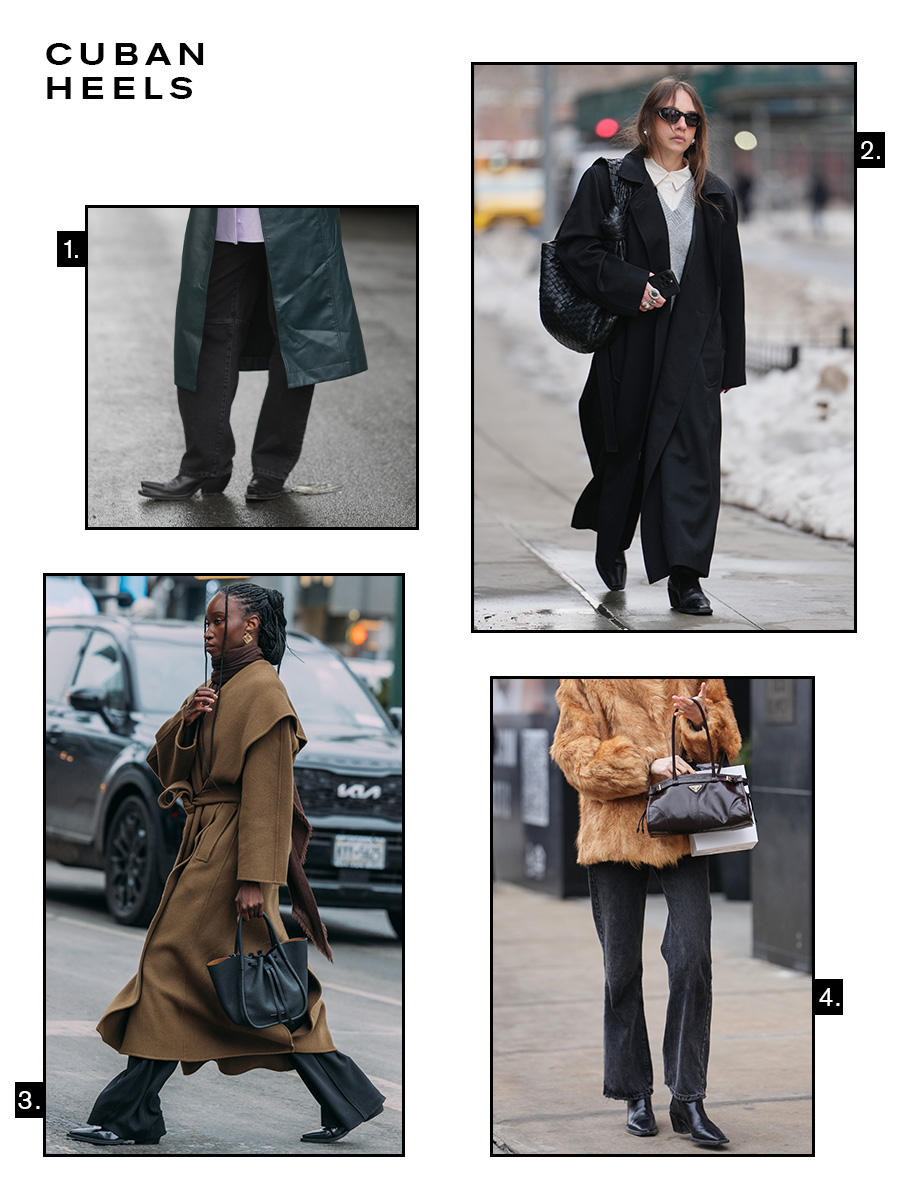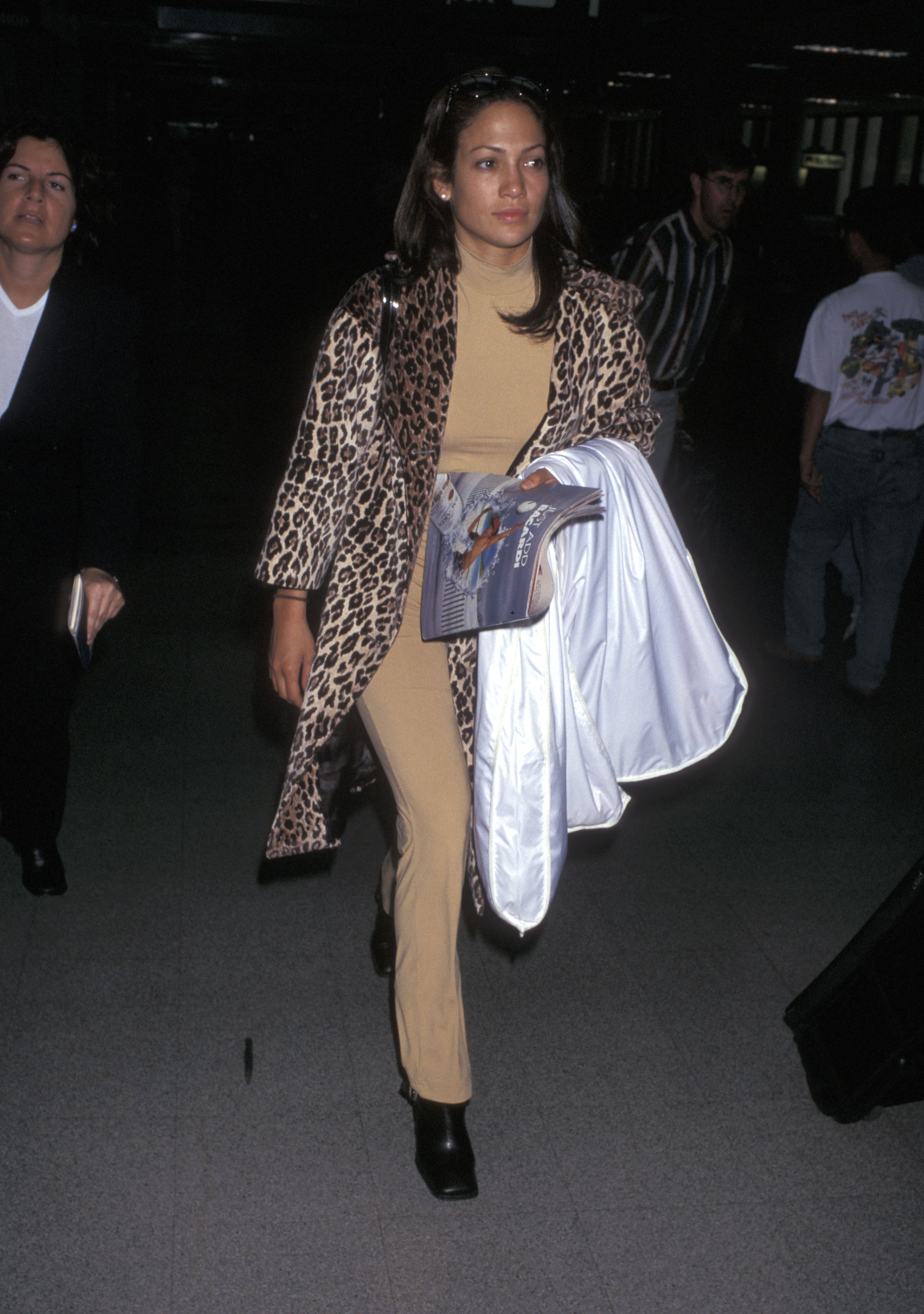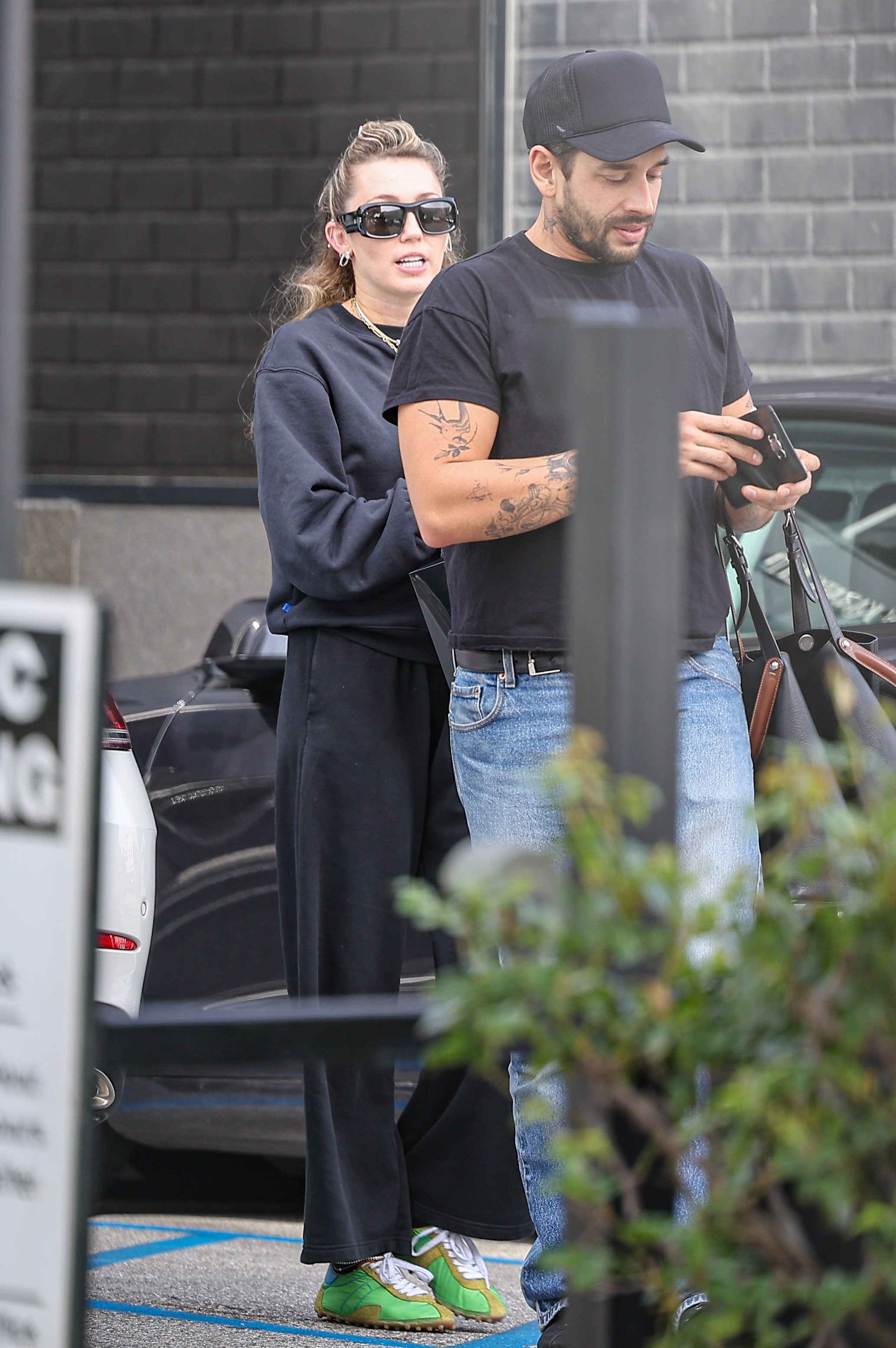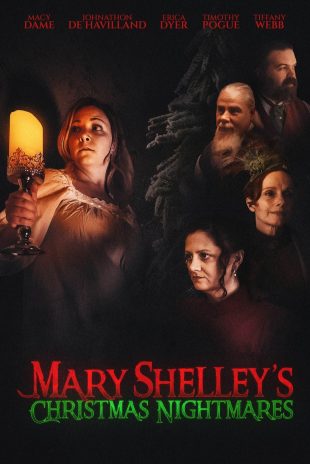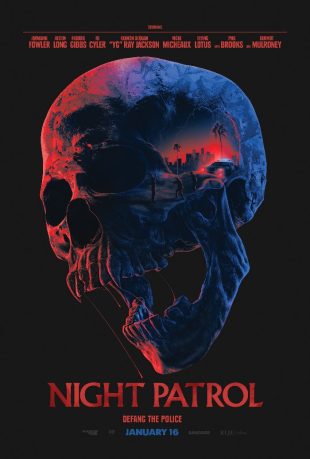
This content contains affiliate links. When you buy through these links, we may earn an affiliate commission.
Queer bars are the site of some of my most treasured memories. They’re also one of my favorite settings for books. Whether it’s a true story about a real bar or a fictional tale about a favorite haunt, I can’t stay away from books with queer bar settings. On this list, you’ll find fiction and nonfiction books about queer bars. We’ve got everything from travelogues and memoirs to mysteries and romances where the bars become characters of their own.
For centuries, queer bars have offered a safe space for LGBTQ+ people to let loose, meet new friends and lovers, and build community. Of course, they’re not perfect. Some gay bars and lesbian bars have been unwelcoming to the BTQ+ parts of the rainbow. And for a community disproportionately impacted by addiction and substance abuse issues, bars aren’t a safe space for everyone. But for many people, queer bars are the first places where they can explore their identities, make queer friends, and see with their own eyes that a better future is possible for them.
That was certainly my experience growing up queer in Arkansas and Oklahoma. The way I saw myself and envisioned the path my life would take shifted the first time I stepped foot in a gay club at 18. That vision became even clearer when I went to my first lesbian bar at 21. Now, when I read a book with a queer bar setting, I feel like I’ve just pulled up a barstool and made myself at home in the pages. I hope these books make you feel the same way.
Nonfiction Books About Queer Bars
Moby Dyke: An Obsessive Quest To Track Down The Last Remaining Lesbian Bars In America by Krista Burton
Lesbian bars were already struggling across the U.S. before 2020, but the pandemic threatened to put the final nail in their coffin. By the time most bars and restaurants reopened in 2021 and 2022, there were only 20 remaining lesbian bars across the country. Krista Burton, creator of the blog Effing Dykes, set off on a journey to visit every one of those bars and document her experiences there before it was too late. This travelogue follows Burton on her epic adventure, celebrates the magic of lesbian bars, and considers their past and future as centerpieces of queer communities. As someone who has made lifelong friends and memories at lesbian bars, I love this book immensely. It’s laugh-out-loud funny, heartfelt, joyous, and moving. Krista Burton’s appreciation and respect for her subject is clear, and her narrative voice is as welcoming and affirming as my favorite lesbian bar. As soon as I finished it, I wanted to flip back to page one and start over. Moby Dyke is — I don’t say this lightly — my all-time favorite book.
Gay Bar: Why We Went Out by Jeremy Atherton Lin
If you want a book that both celebrates and interrogates the impact of gay bars, Jeremy Atherton Lin’s Gay Bar is a must-read. Divided into seven chapters centered on different gay bars in the U.S. and Europe that have played an important role in his life, it tells an expansive story across time and place about how gay bars have shaped queer culture and vice versa. Atherton Lin’s writing is lyrical, clever, and intimate, and it doesn’t shy away from the raunchy, bawdy, unique atmosphere of gay bars. It’s an excellent blend of personal memoir and queer history that’s sure to leave you craving a sweaty dance party under a disco ball.
Our Queerest Shelves Newsletter
Sign up for bookish LGBTQ+ news and recommendations!
Thank you for signing up! Keep an eye on your inbox.
By signing up you agree to our terms of use 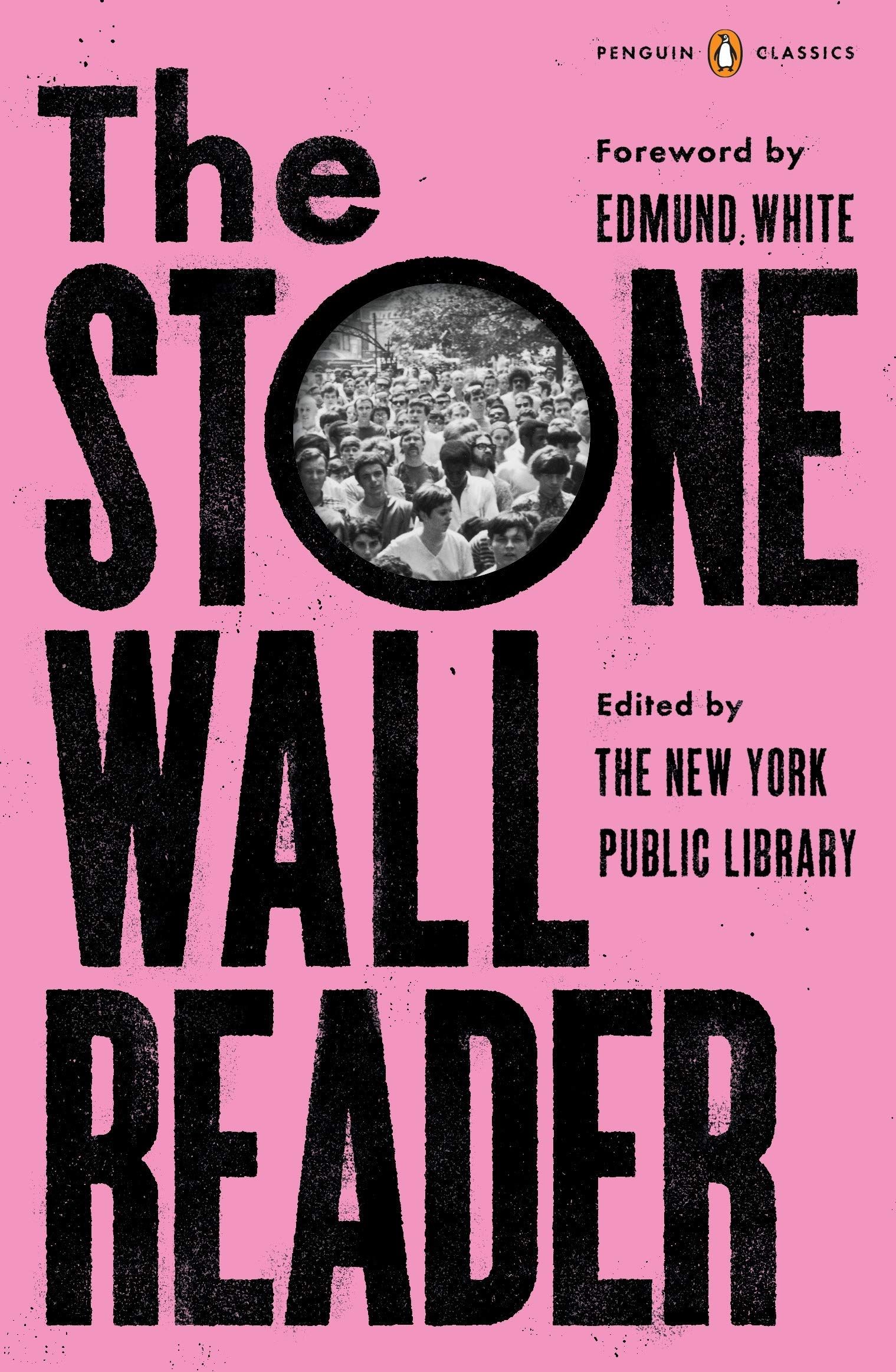
The Stonewall Reader edited by The New York Public Library
The Stonewall Inn in New York City is arguably the most famous gay bar in the world due to its 1969 police raid and the subsequent riots that are recognized as the impetus of the modern LGBTQ+ rights movement. You can learn more about the bar and the movement in The Stonewall Reader, a collection of essays, articles, and interviews about the riots, as well as the fight for queer rights in the five years before and afterwards. It’s a robust historical account of one bar’s role in an enormous cultural shift, with special attention paid to the queer changemakers involved, some who are widely recognized today and others who have often been overlooked by the movement. I especially recommend the audiobook, where original recordings of the interviews are included in the narrative.
A Place for Us: A Memoir by Brandon J. Wolf
Queer bars are places that bring many LGBTQ+ people joy, but they’ve also been the sites of great tragedy. A devastating shooting took place at Pulse Nightclub in Orlando, Florida, in 2016 when a gunman killed 49 people and wounded 53 more. Brandon J. Wolf hid from the violence in a bathroom that night at Pulse, and his life was forever changed. Now, Wolf is a gun safety and LGBTQ+ rights activist, public speaker, and the press secretary for Equality Florida. In this powerful memoir, Wolf shares his story of that heartbreaking night at Pulse, along with his childhood in rural Oregon, finding queer community in Orlando, and how he’s now using his voice to fight for change.
In Exile: The History and Lore Surrounding New Orleans Gay Culture and Its Oldest Gay Bar by Frank Pérez and Jeffrey Palmquist
Café Lafitte in Exile is a gay bar in New Orleans, and one of the oldest continuously operating queer bars in the country. Jeffrey Palmquist, a longtime bartender at Café Lafitte in Exile, and Frank Pérez, a regular at the bar and a local queer historian, teamed up to tell the bar’s story and share the larger history of LGBTQ+ people in New Orleans and their contributions to the Big Easy’s culture. From firsthand interviews with queer New Orleaneans to the origin of the city’s epic annual queer festival Southern Decadence, it’s a testament to the beauty of the queer community and its lasting impact on one of America’s most unique places.
Fiction Books About Queer Bars
Last Night at the Telegraph Club by Malinda Lo
For much of history, queer bars had to exist underground, with word of mouth as the only way of finding out about their existence. This historical fiction novel set in 1950s Chinatown in San Francisco centers around a secretive lesbian bar for queer women that becomes a safe haven for 17-year-old Chinese American Lily Hu and her white love interest Kathleen. As racism stoked by the Red Scare threatens to pull them apart, they find community and hope for a life together at the Telegraph Club. As we worry about the future of queer bars, it’s a good reminder that they’ve survived more hostile times in the past and will continue to survive whatever society throws at them.
You Know Me Well by Nina LaCour and David Levithan
Some of my most important friendships started at queer bars. One of the best parts about these spaces is how they create a safe space for relationships of all kinds to form. This YA novel by two beloved queer authors, Nina LaCour and David Levithan, celebrates the magic of queer friendship. Kate and Mark have spent a year sitting next to each other in class, but they never realized that they’ve got a lot in common. For example, they’re both queer and feeling that combination of nerves and excitement about first love. When Mark and Kate run into each other at a Pride celebration at a San Francisco gay bar, they wonder why it took them so long to get to know each other. Told in alternating perspectives, we see their friendship blossom thanks to that fateful night at the bar.
We Deserve Monuments by Jas Hammonds
Avery’s senior year in D.C. is disrupted when she and her parents move to Bardell, Georgia, to care for her dying grandmother. All Avery wants to do is get to know her grandma, avoid making waves, and get back to her friend group in D.C. But she quickly makes two new friends — one of whom she might be crushing on — and finds Bardell has a lot to teach her about her family and herself. You might be asking yourself, why is Susie recommending a contemporary YA book with seemingly nothing to do with queer bars? Well, I don’t want to spoil too much, but there’s an absolutely amazing queer bar/club/restaurant where some of the most magical and pivotal scenes take place. I’m especially fond of queer bars in rural areas, and the one in We Deserve Monuments is a great example of what they can mean for queer communities in red states.
When Katie Met Cassidy by Camille Perri
When Katie Met Cassidy was one of the first traditionally published F/F romances waaay back in… 2018. Can you believe how much the landscape for sapphic romance has changed in the last five years? It follows Katie, a lawyer reeling from a breakup with her fiancé Paul, whose world is rocked when she falls for a butch lesbian heartbreaker at work named Cassidy. Plenty of queer readers didn’t feel seen by the representation and criticized Katie’s coming out journey. But for me, a lesbian who was the same age as Katie at the time of this book’s release, I was stunned to see a love story that looked even a little bit like mine for sale at bookstores all over the country. My main love in this book, though, was the lesbian bar at its heart, Cheers. It’s a dive bar that serves as a gathering place for a vivacious queer community, one where Camille feels at home and where Katie finds safety to explore her identity and new relationship. It’s also, like too many lesbian bars, financially struggling and barely keeping its doors open. Cheers was my favorite character in the book and definitely makes When Katie Met Cassidy worth revisiting today.
The Boy in the Red Dress by Kristin Lambert
A 1920s historical mystery about a drag performer at a queer speakeasy accused of murder — need I say more? Millie is temporarily left in charge of Cloak & Dagger, her aunt’s club in the French Quarter where crowds flock to see Marion dance in a glamorous red dress. A young socialite starts asking probing questions about Marion. Not long after, her body is found outside looking much like she was shoved off the Cloak & Dagger’s balcony. Police immediately eye Marion as the lead suspect. Millie knows he couldn’t be responsible, but if she wants to prove it, she’ll need to figure out what happened herself. Cloak & Dagger makes for a transportive, glittering setting, and the book meaningfully explores the characters’ identities in and out of the club in a way queer bar regulars are sure to recognize.


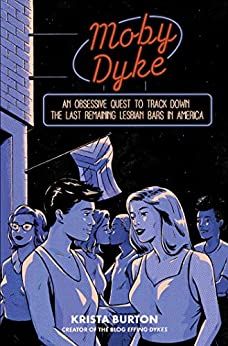
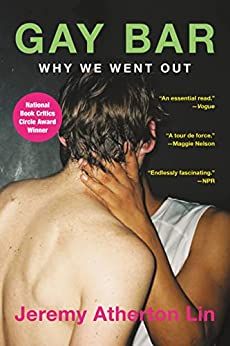
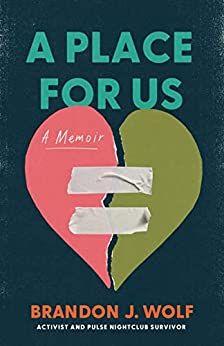
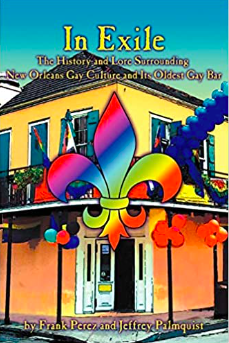
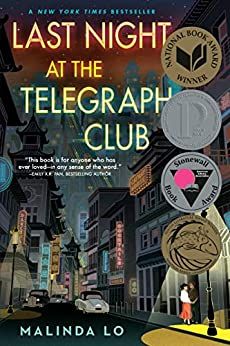
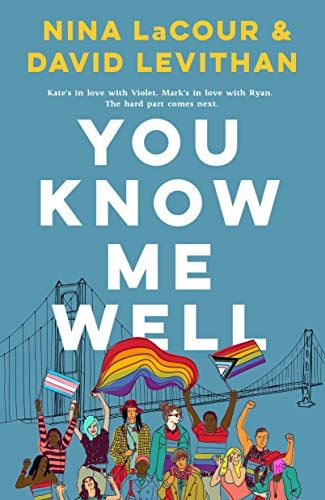
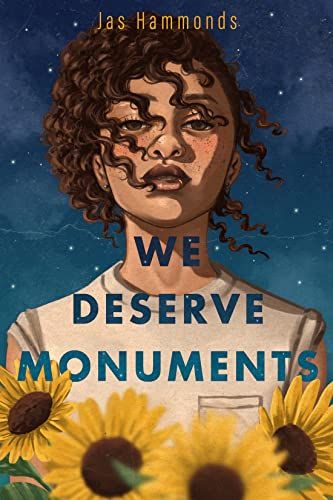
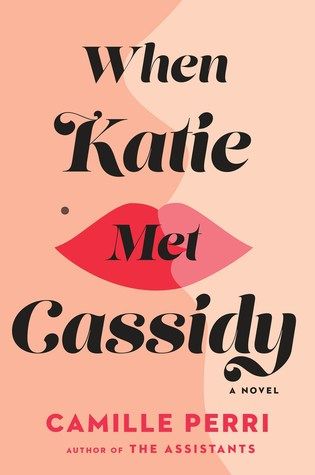
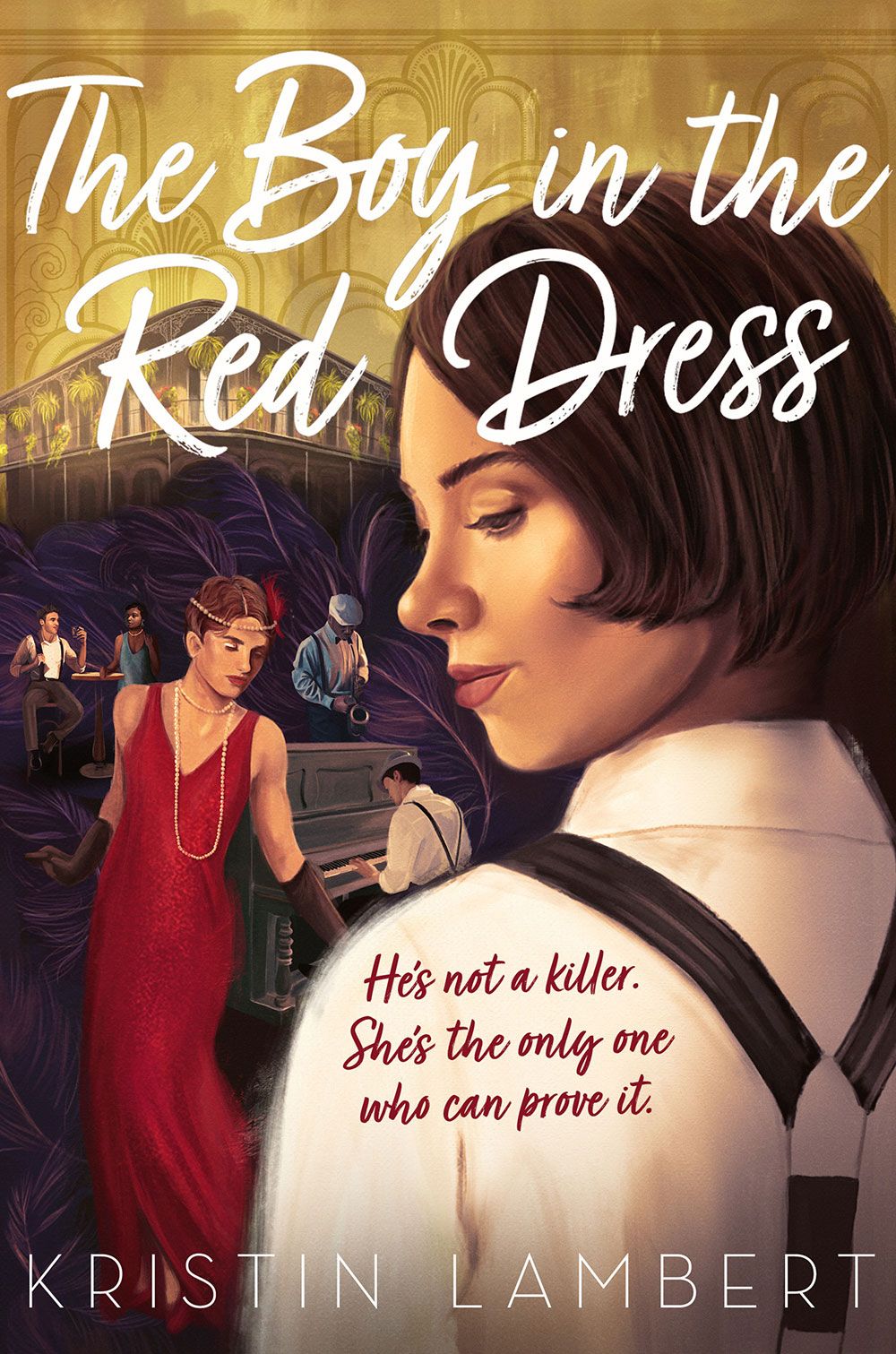

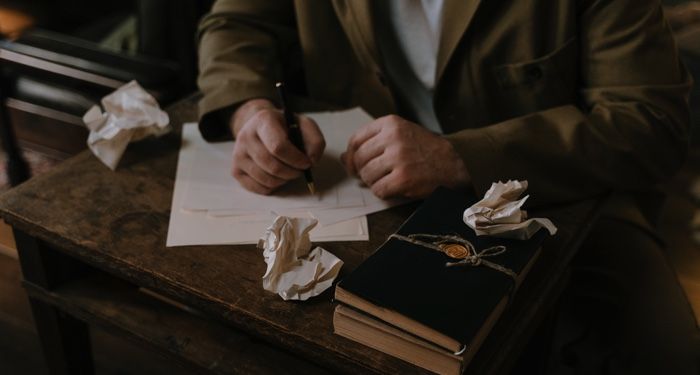
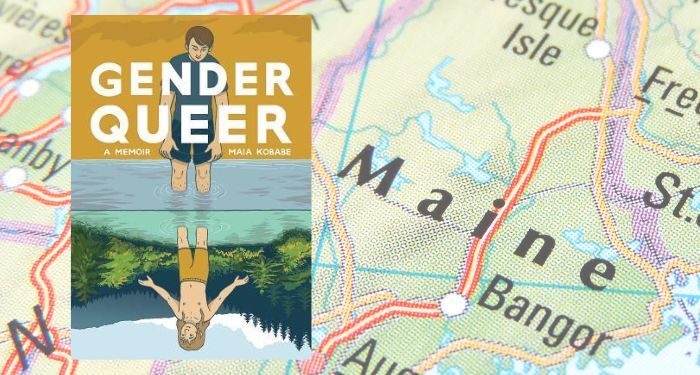

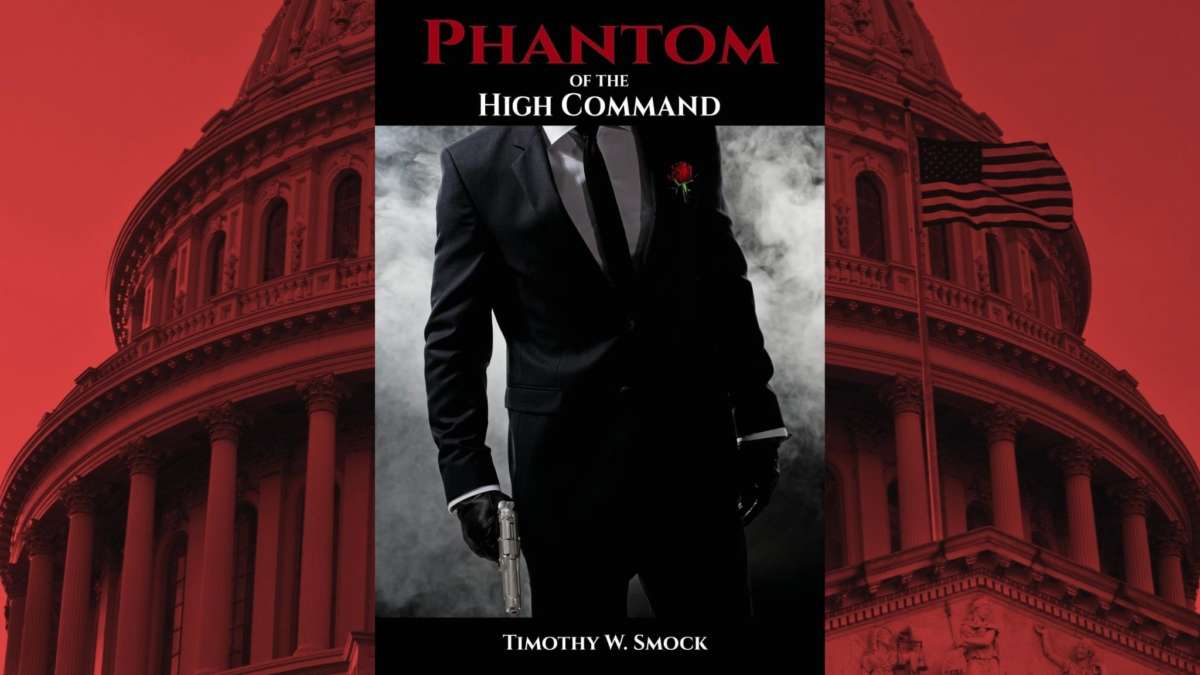
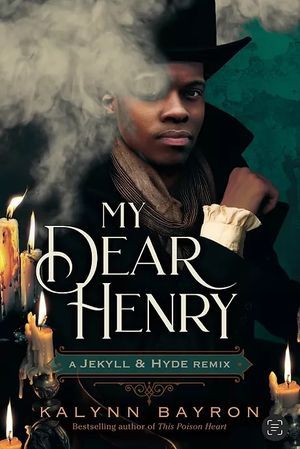
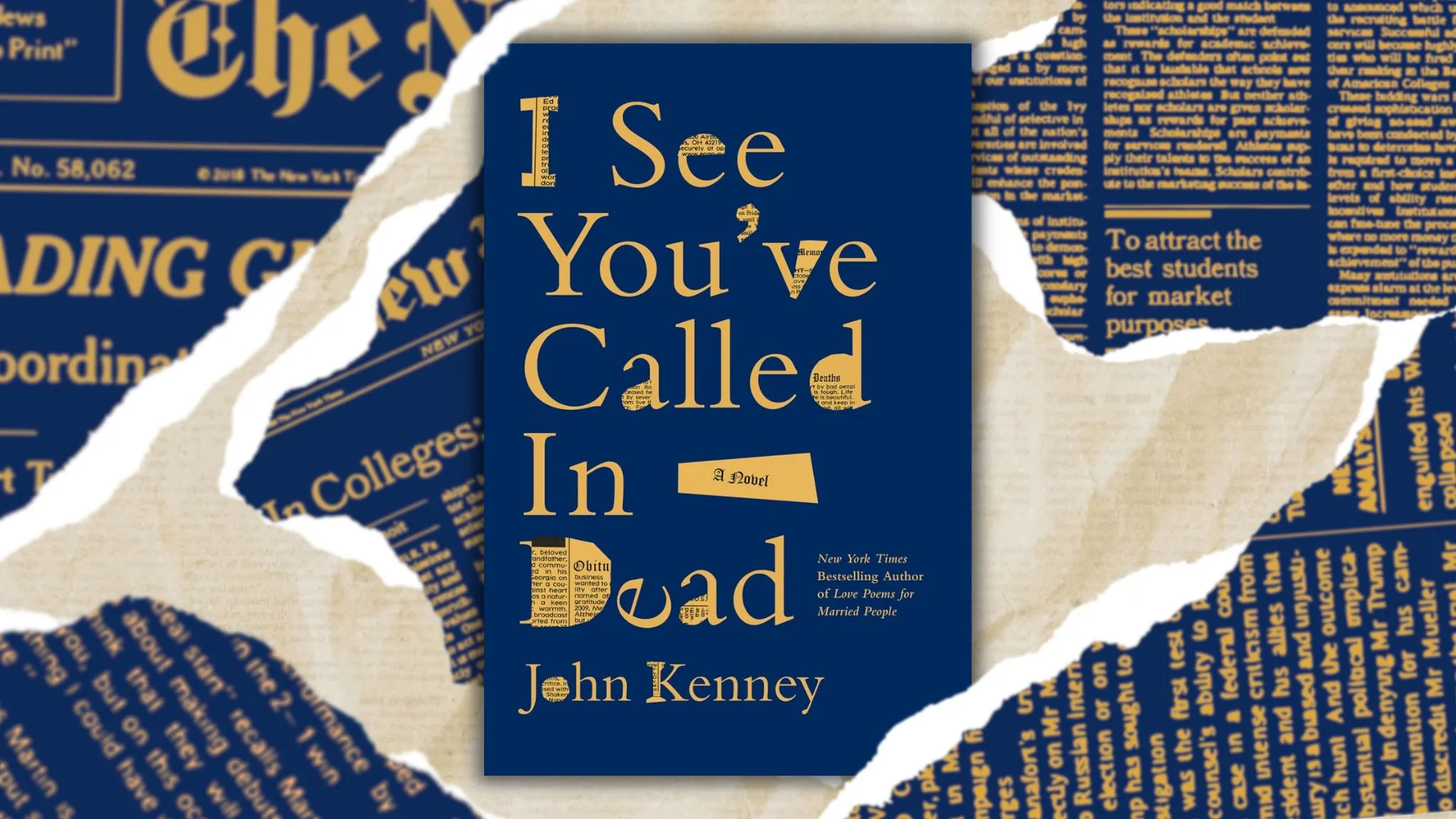









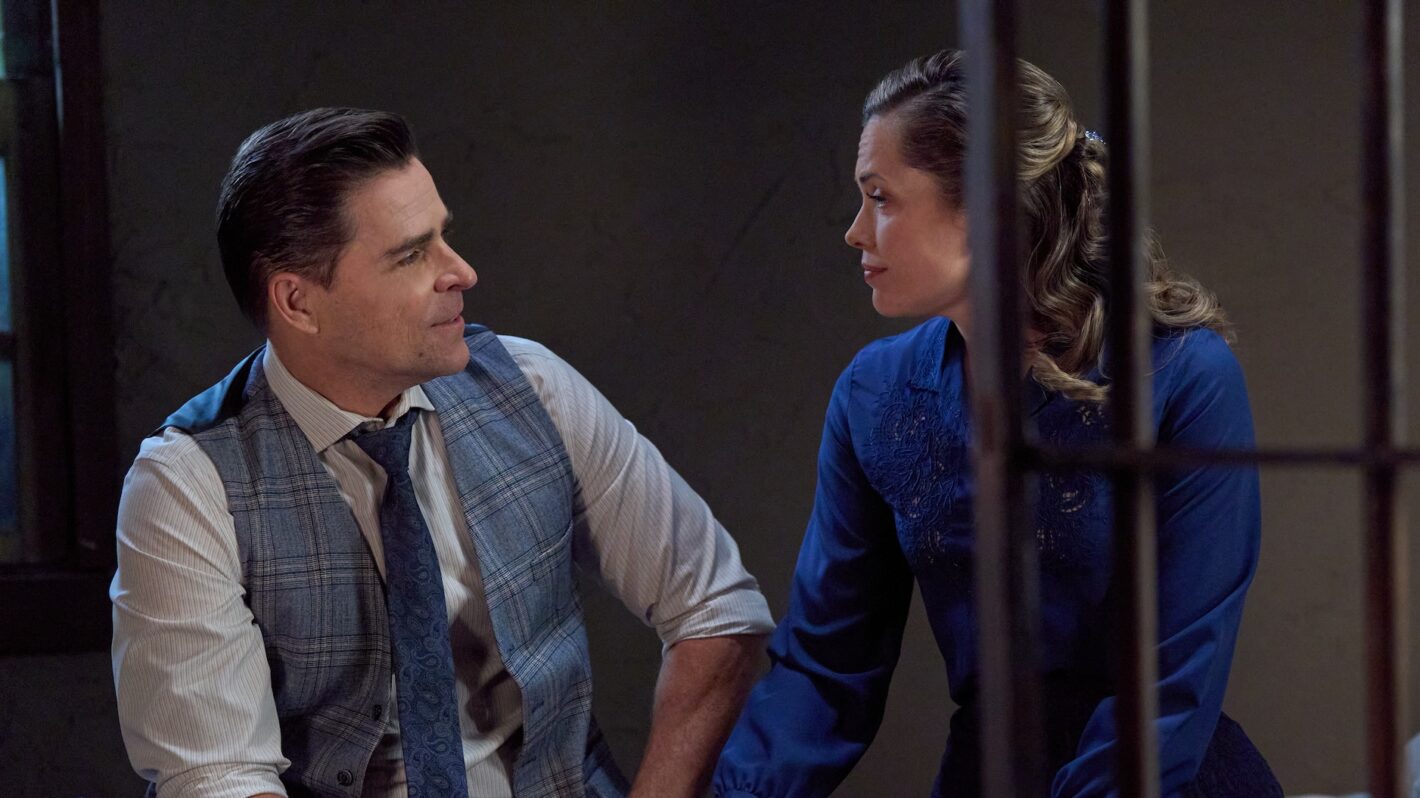

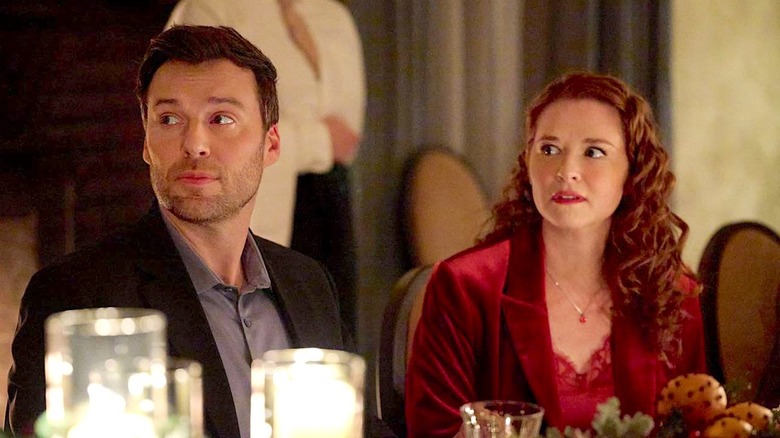
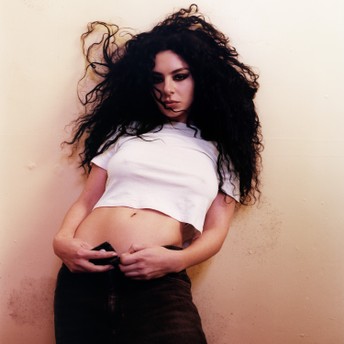






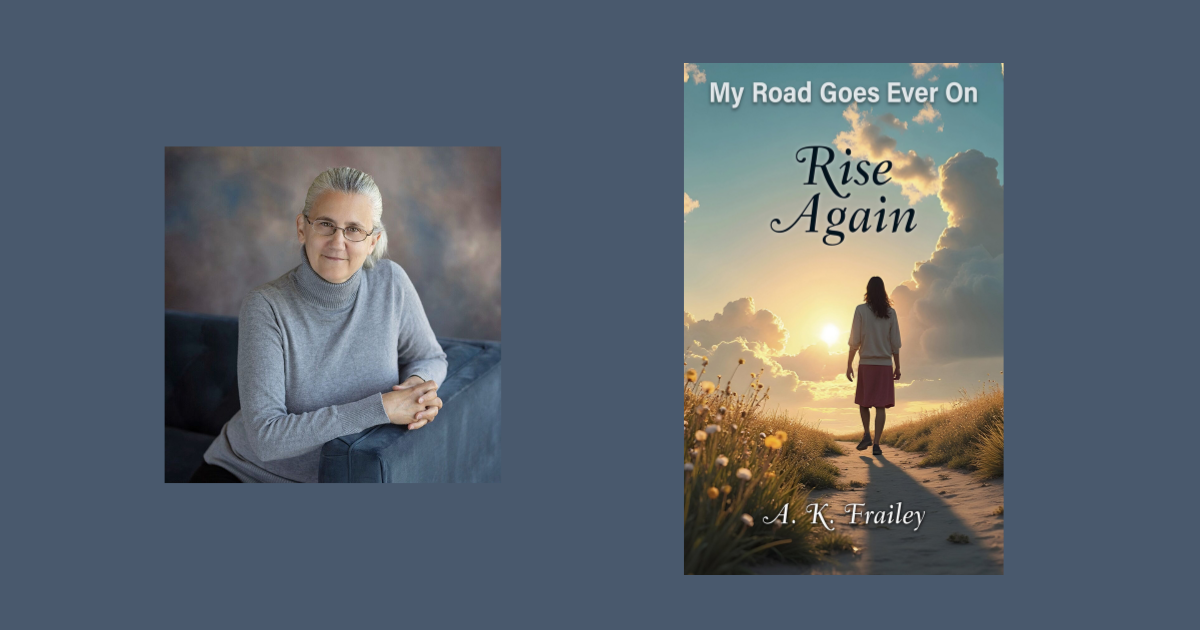
:quality(85):upscale()/2026/02/18/893/n/1922564/857ece5a69962087501ab8.98904531_.jpg)
